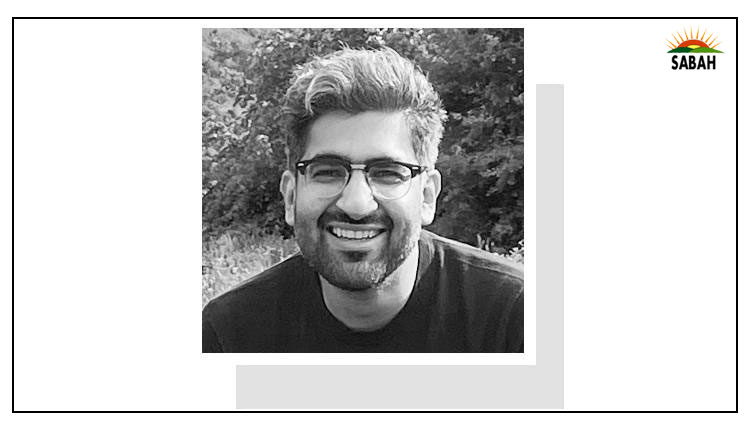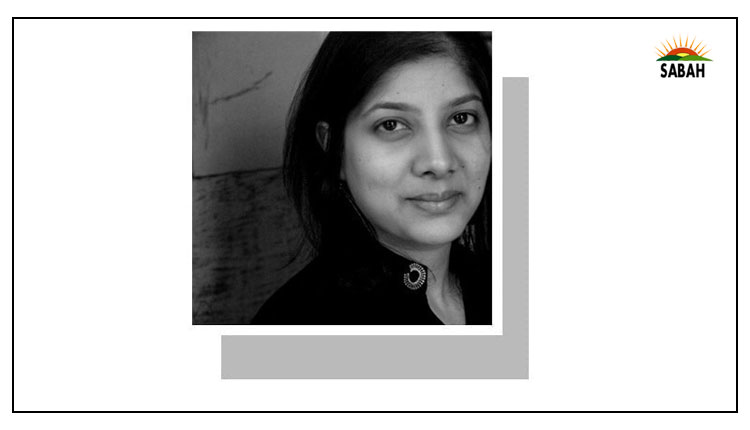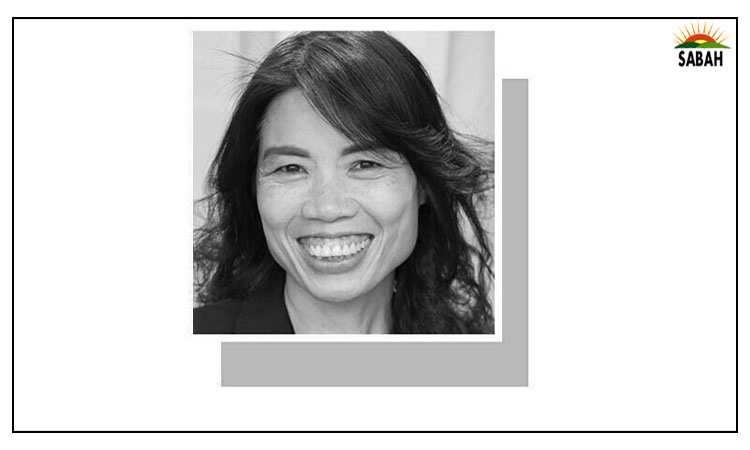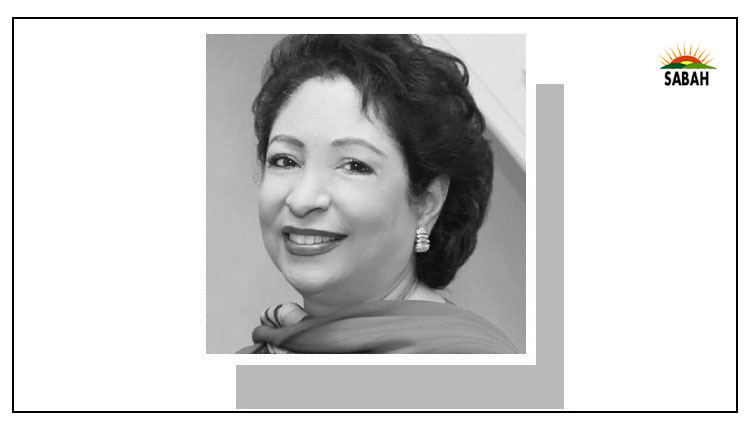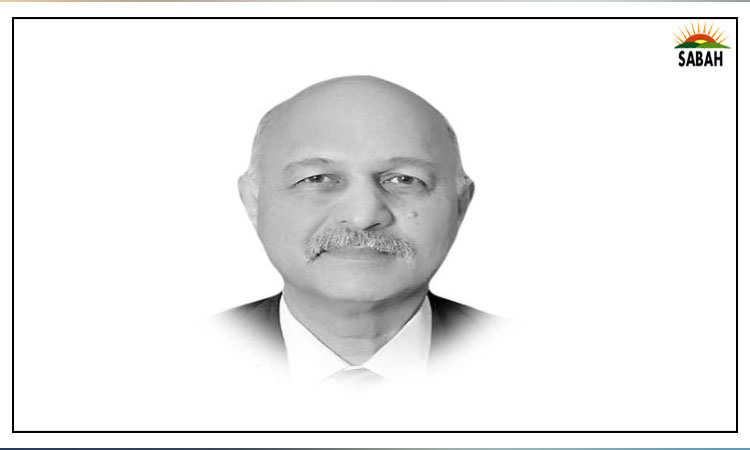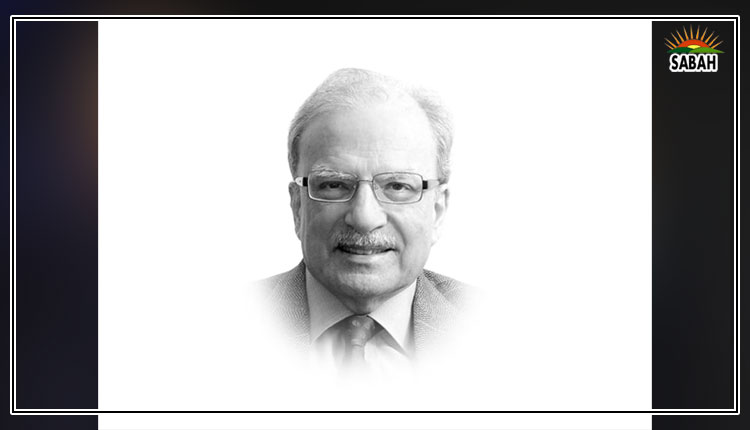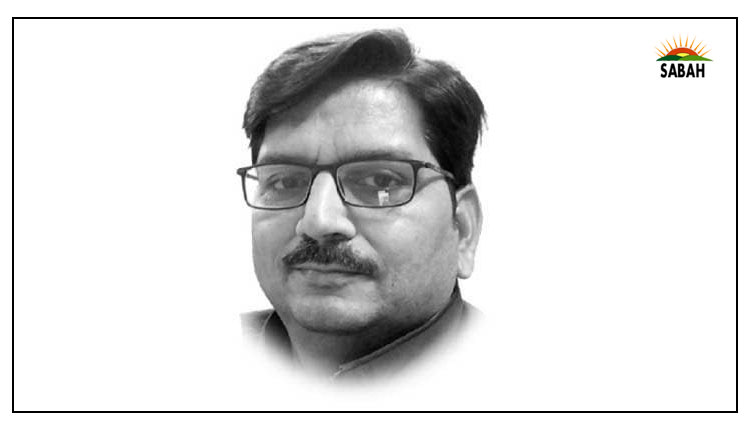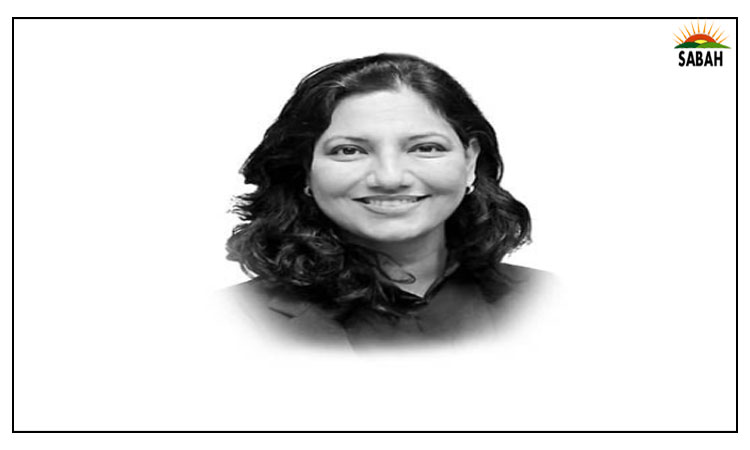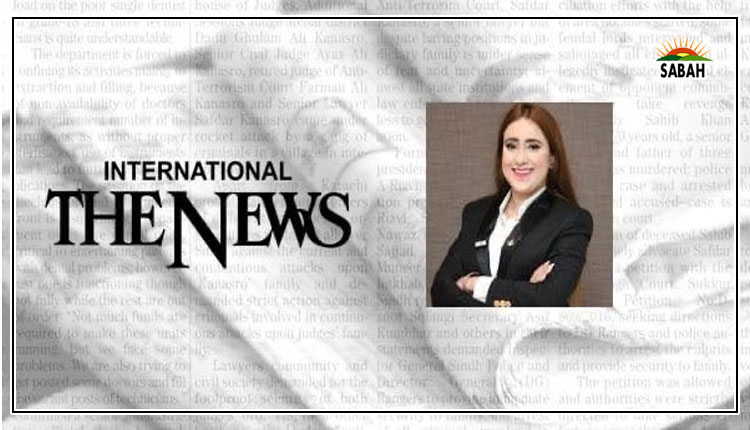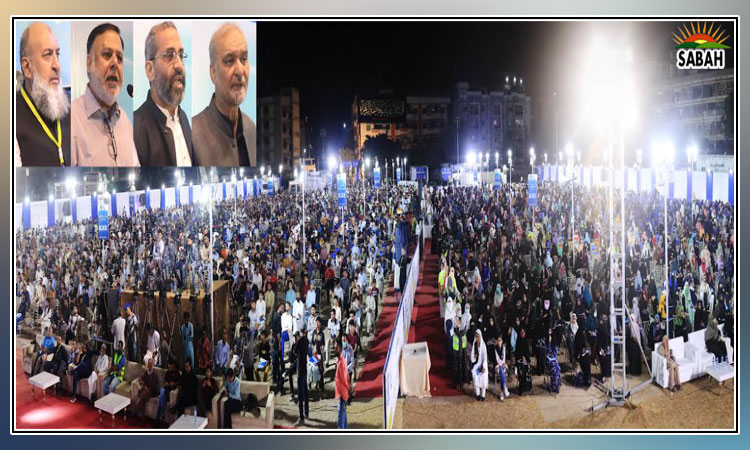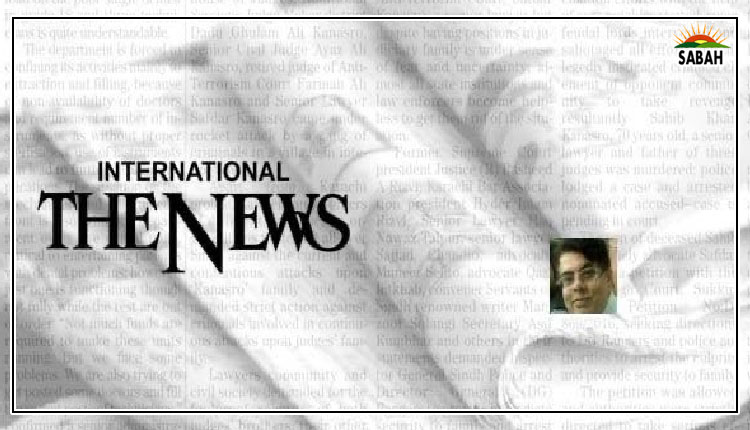Putin’s Russia…Khalid Bhatti
President Vladimir Putin has won the 2024 Russian presidential elections without much trouble; he received nearly 88 per cent of the total votes and won another six-year term without facing any serious challenge from his opponents.
Putin will remain Russias president until 2030. The turnout was nearly 74 per cent, which was higher than that in the 2018 elections. As usual, the US and other Western powers have declared the election nontransparent and manipulated.
Russian President Vladimir Putin has completed 24 years in power. He first assumed power in 1999 as an interim leader and won the presidency in 2000. He is one of the longest-serving leaders in modern Russia.
Putin has emerged as the most powerful and influential leader in post-Soviet Russia and has shaped Russian society in line with his political ideas and practical needs.
The election results clearly show that the Ukraine war has failed to reduce Putins popularity among Russians. Nationalist sentiments are running high, and Putin has successfully capitalized on these feelings. The war has served as a rallying point for patriotic sentiments in Russia.
Putins leadership during the conflict is often portrayed as strong and decisive, which appeals to many Russians who value stability and assertiveness on the international stage. Despite the economic sanctions imposed by Western countries in response to the conflict, Putin has managed to maintain a degree of economic stability in Russia. This has helped mitigate any potential discontent among the population that might have arisen from economic hardships caused by the conflict.
Putins political dominance in Russia has limited the presence of viable alternatives to his leadership. Opposition voices are often marginalized or suppressed, leaving many Russians feeling that Putin is the only capable leader who can maintain stability and protect their interests.
Overall, the combination of nationalist sentiment, propaganda, patriotic mobilization, economic stability, and limited political alternatives has contributed to Putins enduring popularity despite the ongoing conflict in Ukraine.
For his opponents in Russia and around the world, Putin is an autocratic authoritarian leader who has failed to strengthen democracy in Russia. He is a dictator who stifles the media and curbs democratic rights. But for his supporters, he is Russias saviour, someone who has rebuilt the country as a great power. While he is loved at home by many Russians, he is hated in Western capitals for defying Western hegemony. He is a sign of stability and security and a symbol of Russian power. Whether or not a person likes him, it is hard to deny that Putin has made a huge impact not only in his country but also across the world.
During his initial presidential terms, he leveraged the high prices of oil and gas to bolster public services and increase wages, fostering Russias emergence as a formidable economy. Unlike Western democratic leaders, he exhibited little tolerance for opposition, swiftly quashing dissent and thwarting opposition mobilization. Nevertheless, he refrained from descending into a brutal dictatorship, permitting a limited degree of political freedom.
Western powers initially anticipated Russias subservience under the feeble leadership of Boris Yeltsin, envisioning the restoration of capitalism and liberal democracy. However, the ascent of Putin swiftly dispelled such hopes. A liberal yet resolute leader, Putin revitalized the Russian economy, cementing his status as one of the nations most influential figures. Throughout modern Russian history, few leaders have left as indelible a mark on society as Lenin, Stalin, and Putin. Lenin laid the foundation of the Soviet Union with a workers revolution, while Stalin transformed a destitute Russia into a global superpower. Two decades ago, Putin inherited a depleted nation and is now working towards steering it towards capitalist consolidation and stability, despite initial scepticism surrounding his leadership.
Ascending to power amidst Yeltsins abrupt resignation, Putin, a former KGB operative, initially lacked popularity. However, supported by the liberal faction of the ruling class, he swiftly rose to prominence. Putins governance bore semblance to liberal leaders like Chung Doo-Hwan rather than authoritarian dictators like Pinochet. His astute understanding of Russias fragile property landscape enabled him to wield considerable influence.
Contrary to the oligarchs expectations, Putins consolidation of power resulted in the seizure of assets from dissenting voices. He bolstered state intervention in the economy, reclaiming control over oil and gas enterprises. Although ostensibly for the benefit of shareholders, this shift primarily empowered state-aligned management, solidifying Putins grip on power.
Putins rule can be characterized as Bonapartist, emerging from a scenario where the ruling class relinquishes control to the state. Despite accusations of stifling press freedom and political dissent, Putin retains popularity among the Russian populace, capitalizing on the absence of viable alternatives. While facing opposition primarily from older demographics and the fragmented Communist Party, Putins success lies in maintaining division within the opposition through the strategic use of state machinery. When Putin assumed office in 2000, Russia was still reeling from the tumultuous aftermath of the 1990s, marked by disastrous market reforms and the 1998 financial crisis. Initially lacking a comprehensive economic vision, Putin pursued a mixed approach.
One of Putins primary objectives was to dismantle the economic and political dominance wielded by the oligarchs, which had flourished under Yeltsins presidency. In doing so, he established his power base and reinforced the states role in the economy. This reassertion of state control coincided with a period of economic prosperity, driven in part by unused manufacturing capacity and soaring oil prices Russias primary export.
Consequently, the nation experienced a notable improvement in living standards, with real disposable income doubling between 1999 and 2006. By 2017, government officials claimed that the number of Russians living below the poverty line had halved from 40 million in 2000 to 20 million. However, alongside capitalist development and economic growth, Russia witnessed a surge in economic inequality. Over the past two decades, the country has grappled with escalating levels of capitalist exploitation, repression, and class disparities.
Despite the economic gains made during Putins tenure, the resulting wealth disparity has underscored the persistent challenges facing Russian society.
Courtesy The News


